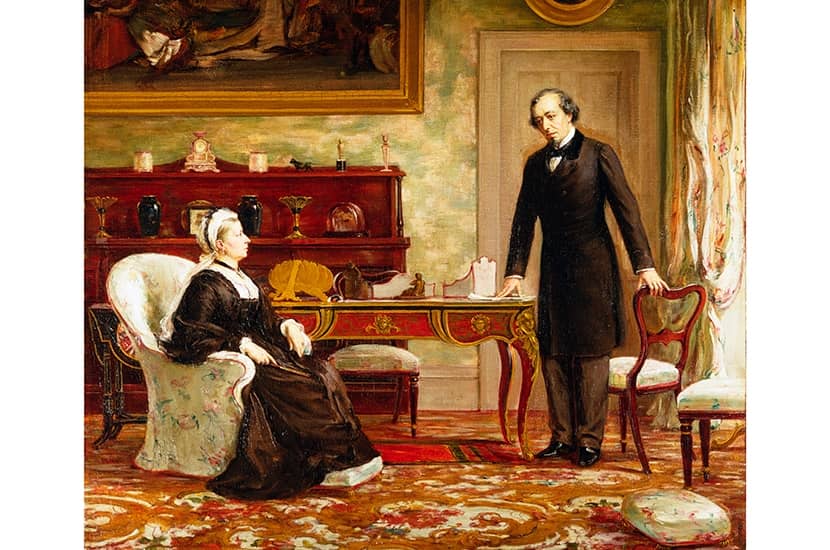This very readable account of relations between the British intelligence services and the Crown does more than it says on the tin. Although subtitled ‘Spying and the Crown, from Victoria to Diana’, it quite properly begins with Queen Elizabeth I and the intelligence network masterminded by Francis Walsingham, whom MI6 regard as their historical progenitor.
It also quite properly makes the point that ‘spies and royal statecraft were episodic and opportunistic partners’. Unlike other major powers, Britain had no permanent intelligence services until 1909. There weren’t even any permanent military intelligence organisations until the late 19th century. Such networks as there were came and went with war, or its threat, their relations with the Crown varying with the personalities of the monarchs and the degree to which they were involved in governance. Our current Queen receives regular intelligence reports and briefings — the authors reckon she ‘probably knows more state secrets than anyone in history’ — though unlike the first Elizabeth she does not control or task her intelligence services. Yet they are, in one sense, hers: their staffs are Crown, not civil, servants.
Elizabeth I was a hands-on and demanding intelligence customer, superbly served by Walsingham and the Cecils; but her successor James I took little interest, despite the just-in-time discovery of the Gunpowder Plot, which could well have killed him. Charles I was similarly dis-inclined, preferring to spend secret funds on propaganda. But Oliver Cromwell and his republicans were more focused and organised. As well as an effective agent network, they established an intercept and decoding capability — a mini GCHQ — which survived until the mid-19th century.

After the Restoration and the 1688 Glorious Revolution, Crown involvement varied with the international situation, with the degree to which the monarch could depend upon his or her private channels and the need for secret funds to cover up royal embarrassments or bribe opponents.







Comments
Join the debate for just £1 a month
Be part of the conversation with other Spectator readers by getting your first three months for £3.
UNLOCK ACCESS Just £1 a monthAlready a subscriber? Log in